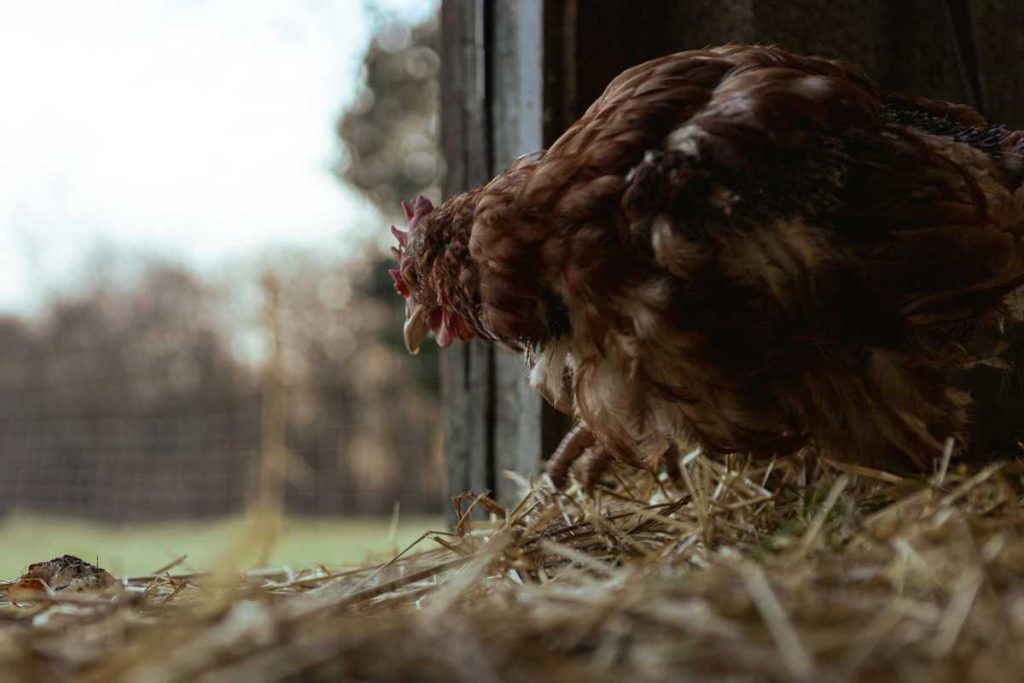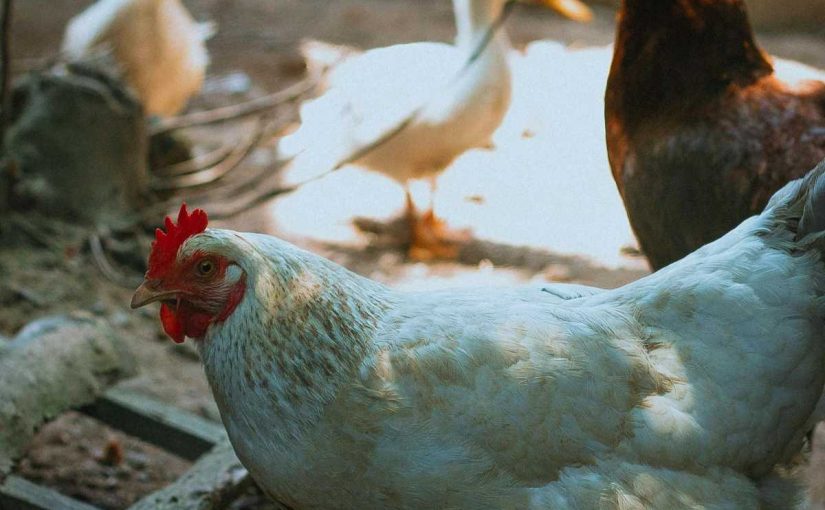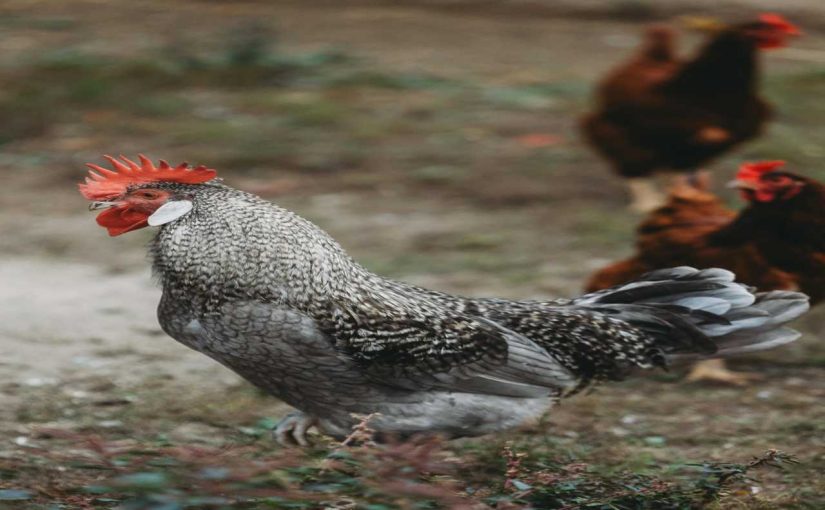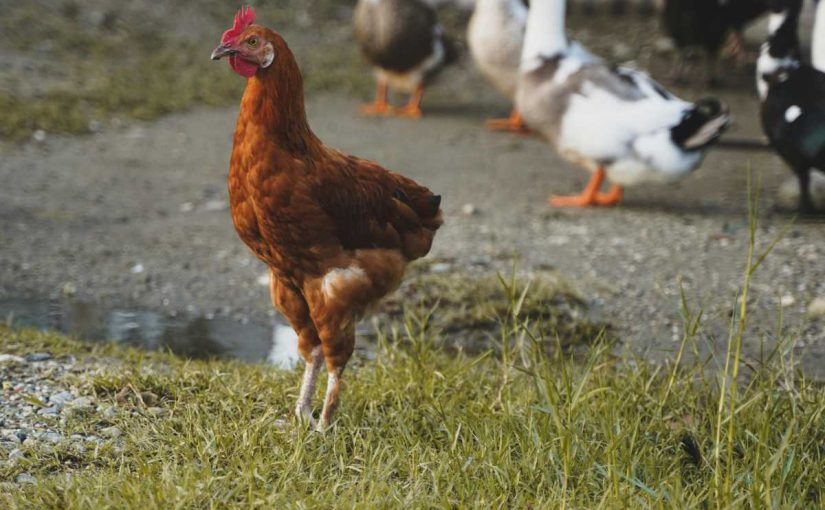Chickens are not just delightful companions and egg producers; they can also be invaluable allies in the battle against pests in your garden and yard. Using chickens for pest control is an effective, eco-friendly, and sustainable method to manage unwanted insects and weeds. This guide will cover the benefits, best practices, and tips for integrating chickens into your pest control strategy.
Why Use Chickens for Pest Control?
1. Natural Pest Control
Chickens are natural foragers and will eat a variety of pests, including:
- Insects: Beetles, grasshoppers, caterpillars, and other garden pests.
- Weeds: Some chicken breeds will scratch and eat young weed plants.
- Slugs and Snails: These soft-bodied pests are a favorite treat for chickens.
2. Eco-Friendly
Using chickens reduces the need for chemical pesticides, making it a safer option for the environment, beneficial insects, and your family.
3. Nutrient-Rich Fertilizer
As chickens forage, they will also deposit manure, which can help fertilize your garden and improve soil health.
4. Weed Control
Chickens love to scratch and dig in the soil, which can help uproot and reduce the population of unwanted weeds.
5. Pest Population Management
By regularly introducing chickens into your garden, you can keep pest populations at bay, preventing infestations from becoming overwhelming.
Best Practices for Using Chickens for Pest Control
1. Choose the Right Breeds
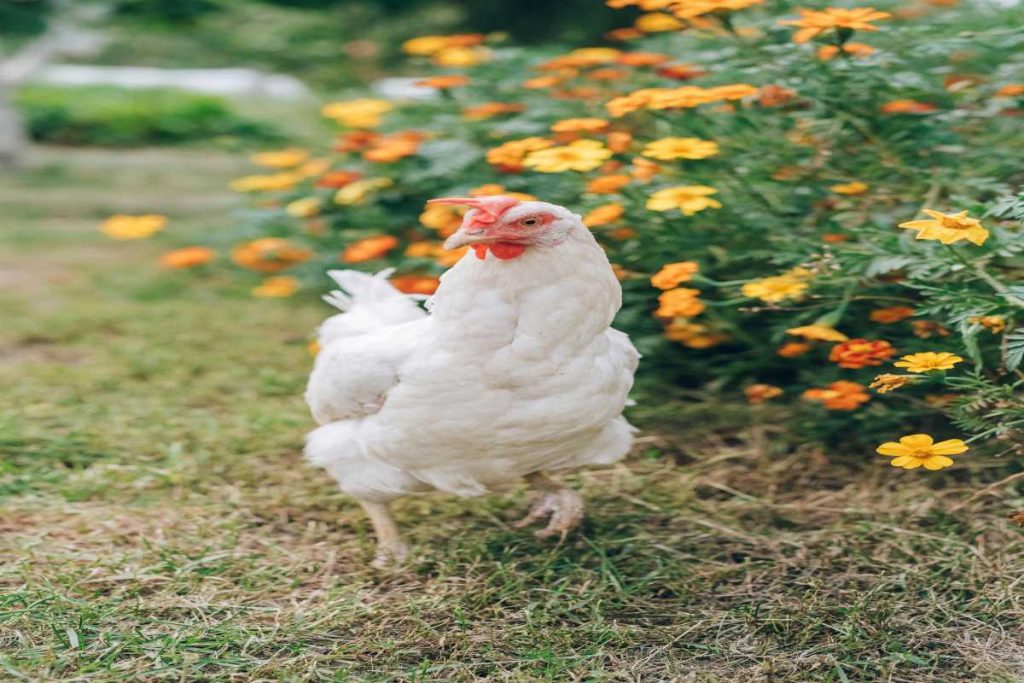
Some chicken breeds are better suited for foraging and pest control than others. Consider these breeds:
- Rhode Island Reds: Hardy and excellent foragers.
- Plymouth Rocks: Friendly and active foragers.
- Leghorns: Highly active and good at catching bugs.
- Silkies: Small but effective at foraging.
2. Create a Safe Foraging Area
Designate a specific area in your garden or yard for your chickens to forage. Ensure it is free from toxic plants and harmful pesticides.
3. Use Mobile Coops or Chicken Tractors
Consider using a mobile coop or chicken tractor to rotate your chickens through different areas of your garden. This practice will prevent overgrazing and allow your chickens to effectively control pests in various spots.
4. Limit Foraging During Certain Growth Stages
Be mindful of when to allow your chickens in specific areas. For instance, young seedlings can be damaged, so it’s best to keep chickens away until the plants are more established.
5. Monitor Chicken Health
Keep an eye on your chickens for any signs of illness or stress. A healthy flock is more effective at pest control and contributes positively to your garden.
6. Combine With Other Pest Control Methods
Integrate chicken foraging with other pest management strategies, such as companion planting, beneficial insects, and organic pesticides, to create a comprehensive approach to pest control.
Tips for Successful Chicken Pest Control
1. Provide Supplemental Feed
While chickens are excellent foragers, they still need a balanced diet. Provide supplemental feed, especially during winter months or when natural foraging is scarce.
2. Encourage Natural Behavior
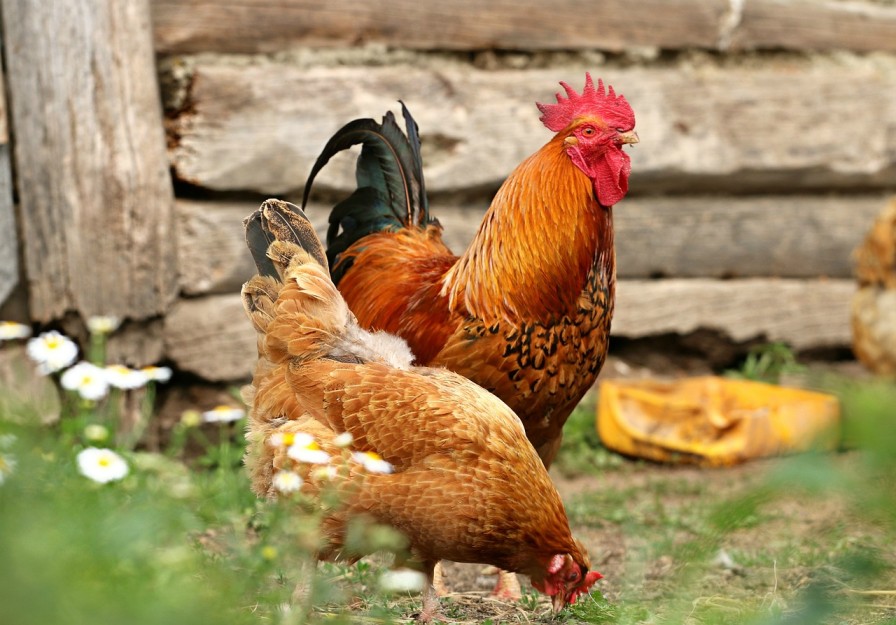
Let chickens engage in their natural behaviors, such as scratching and dust bathing, to help them thrive and effectively control pests.
3. Use Fencing Wisely
If you have a specific area in your garden you want to protect, consider using temporary fencing to allow controlled access for your chickens.
4. Educate Yourself
Learn about the pests common to your area and the best times for chicken foraging. Understanding your garden ecosystem will enhance your pest control efforts.
5. Rotate Foraging Areas
Regularly change the areas where chickens are allowed to forage. This method helps prevent the depletion of food sources and promotes better soil health.
6. Use Chicken-Friendly Pest Control Products
If you must use any pest control products, ensure they are safe for chickens. Always read labels and research products to ensure they won’t harm your flock.
Conclusion
Using chickens for pest control is a sustainable and effective way to manage unwanted pests in your garden while providing your chickens with a natural foraging environment. By understanding the benefits, best practices, and tips outlined in this guide, you can successfully integrate chickens into your pest management strategy. Not only will you enjoy a healthier garden, but you’ll also foster a vibrant ecosystem that benefits both your plants and your flock. Embrace the power of chickens and let them help you create a pest-free paradise!

